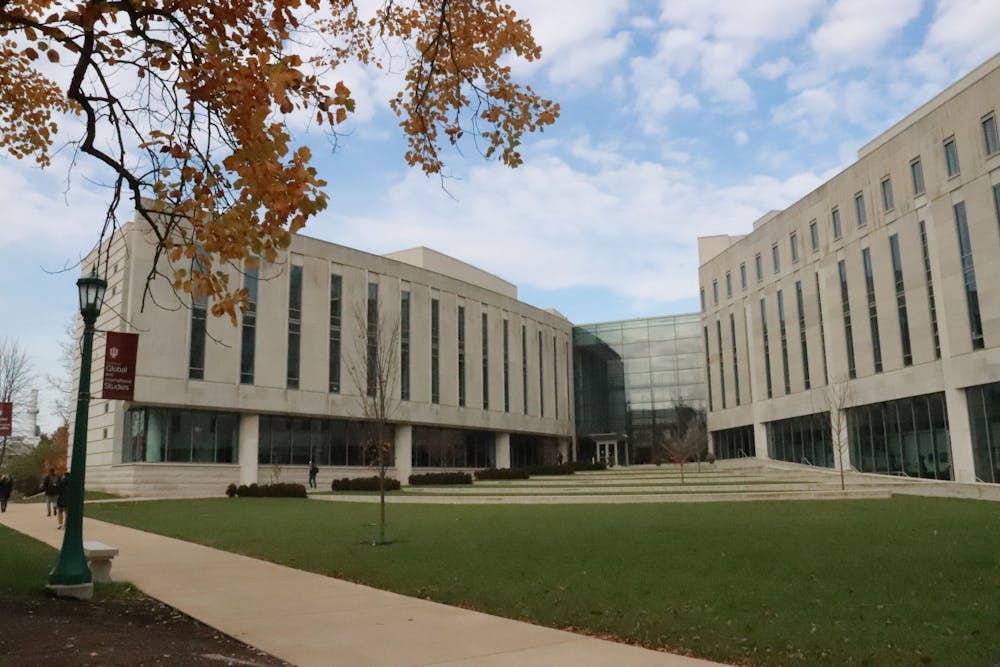Russia has been connected to many controversies, with election interference being the most recent issue on the minds of American citizens. However, students at IU are still passionate about the language, culture and politics of the nation and understanding the complicated relationship between the two.
The American view of Russia was far different decades ago, an image unlike the country seen today, said Maria Shardakova, director of the Russian Language Flagship Program.
“Even during the Cold War, Russia was perceived mostly as a center of culture, a country with rich history, and interesting literature,” Shardakova said.
Shardakova said the country has moved in a drastically new direction, now being viewed as a competitor and political power, especially with the recent evidence of new election hacking by Russia.
“All these new allegations only feed into what this basic narrative to see Russia, mainly within the political framework rather than cultural or say, environmental,” Shardakova said.
IU students who study the country make an effort to separate the people from the politics.
“I think the American people at least should realize that the Russian government, and their negative actions in the world, is not representative of the Russian people,” said junior Ethan Wood, a student studying Russian language and international relations and a member of the Russian flagship program at IU.
Kyle Tucker, a third year student majoring in Russian and a member of the Russian flagship program, said he does not support the nation’s disruption of American democratic systems or its breaking of international laws.
“But at the same time I do think that Americans overly demonize Russia,” Tucker said.
David Avagian, a third year student at the Higher School of Economics in St. Petersburg, Russia, is involved with the Russian flagship, and talks with students at IU thanks to the partnership of the program and the IU International Affairs Office.
“I think that actions of Russian government sort of affected those views of Americans on how they perceive Russia,” Avagian said. “But I feel that it's very important that American, just ordinary people, also have some grounds and some understanding before they observe those actions.”
Avagian said the current scandals of the Russian government are unlikely to impact the Russian people’s view of their nation. He sees the only way Russian opinion of their government will change is through disputes over internal issues such as economic inequality.
“Only your empty wallet could influence your understanding of Russian government,” Avagian said.
Russian citizens who support their government could even consider the hacking of American data as a show of force, Avagian said. However, for those Russians who do not favor the Russian government, it is another reason not to support it, he said.
Despite differing views from different nations, programs like the IU Russian flagship are working with the IU International Affairs Office to establish dialogue between Russian and American students.
“We hope that this collaboration will produce some kind of informal useful dialogue and new venues for our students to see Russia more personally and intimately,” Shardakova said.
This continued study of the history and culture of the nation helps students at IU maintain a respect for Russia outside of politics.
“I have to hope that in the future the Russians have, you know, a more more democratic and more fair government, but until that day passes I'll continue to study it and just try to figure out, you know, the riddle inside the mystery inside the enigma as Churchill says,” Tucker said.



